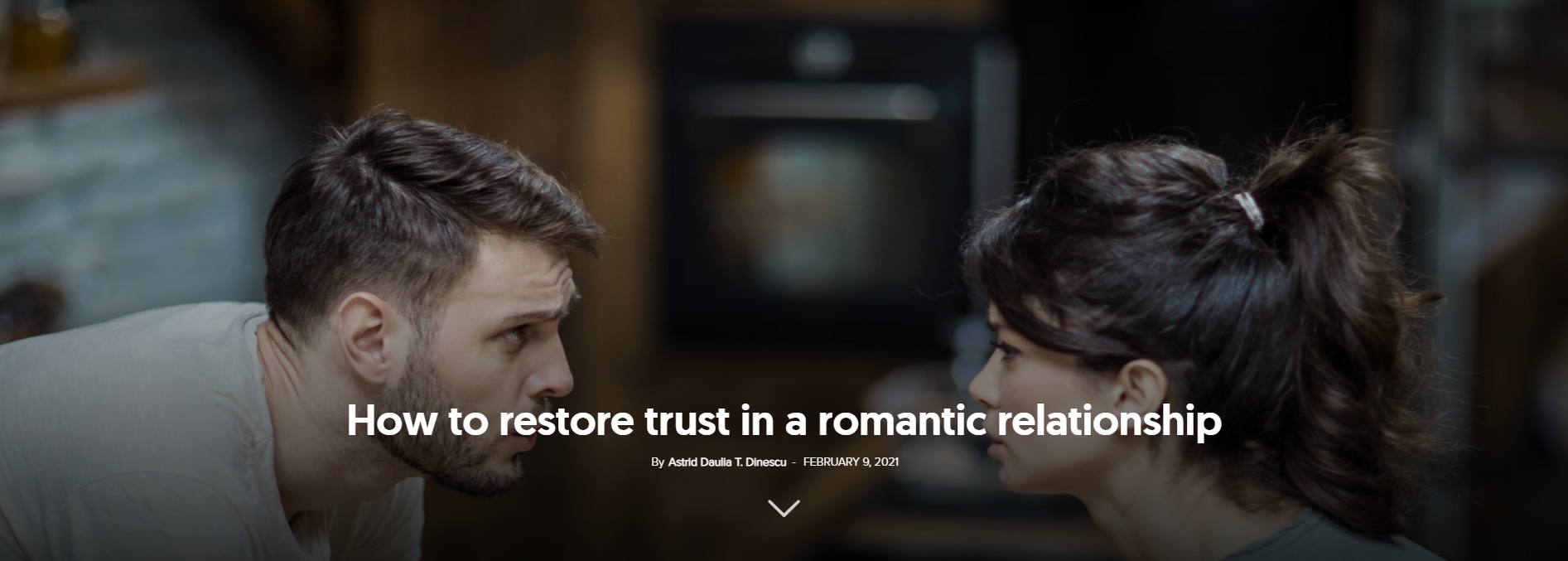Twenty-first century people are bombarded with fiction about romance.
From novels to musicals to films and even smartphone apps, the products of the society we live in teach us, directly or subtly, lessons about what love is, what we can expect from a relationship, and how we should behave when we are involved in one. But the romance we breathe in every step of the way is destroying our ability to have good long-term relationships. At least that’s what British philosopher Alain de Botton argued in a talk in Australia to launch his first novel, The Course of Love. And if we are to have any chance of success in love, we need to be unfaithful to many of the romantic notions that infiltrate our relationships.
“Many of our ideas on love come from reading novels,” Botton argues, elaborating that “we are very shaped by the love narratives that we read. We love within a very historical social context”. This is not the first time the British philosopher has written about love. Thirty years ago, his book Essays on Love caused a sensation with its fresh, warm, and even humorous approach to the subject. Three decades later, he takes the reader on an expedition through the most common misconceptions that our society, each and every one of us, nurtures to the detriment of all.
In a discourse legitimised by what psychologists call “social learning theory”, Botton explains that “when we love, we are taking a lot of our cues from the outside world. We honour certain feelings that we experience because other people are telling us to honour them. We suppress other feelings because people have told us not to pay them particular attention”.
And this particular moment in history is still assimilated by the current of romanticism, with all the prerogatives it attributes to love, which, according to Botton, are in blatant contradiction to the possibility of sustaining satisfying relationships.
The philosopher begins by pointing out the most obvious and easily ironised clichés of romanticism, such as that “one essential thing about the romantics is that generally no one really has a job. None of the romantics really have jobs. So they can devote a lot of time to love. They spend a lot of time in each other’s arms and also going for walks. Nature is incredibly important for the romantics”.
And he goes on to debunk the myth that there is a soul mate out there somewhere who, if you try hard enough, you will eventually find. You will not be melancholic, you will not be troubled, you will not be tormented by existential dilemmas, and loneliness will be completely eliminated from your life. This soulmate can be found by “instinct”—a very different methodology from that which dominated the history of civilisation until the advent of Romanticism. This same romanticism says that when you find this soulmate you will have a “special feeling” and you will know that this person is the one for you. “Once the special feeling has been announced, you raise the flag, the special feeling has happened and that’s terrific. Of course, if you don’t feel that special feeling it’s a bit embarrassing… so you may start to fake the special feeling.”
Botton then turns to more serious matters, debunking certain ideas that most Westerners have inherited from Romanticism, but which they feel have always been valid. These ideas, the philosopher warns, sabotage relationships through a complex of “romantic” premises that lead to false conclusions or are incompatible with relationship satisfaction.
- Romanticism destroyed the view of our fragile, vulnerable, flawed, sinful nature—essentially the Christian view, Botton argues. He developed an alternative view to counter what he sees as the pessimism of Christianity. This new perspective upholds people’s innate goodness, their purity. The Romantics placed great emphasis on children, whom they saw as inherently good. Society alone is to blame for what a child grows up to be.
Romanticism’s belief in humanity’s angelic nature coincided with the decline of religious institutions, Botton argues, noting that during the Romantic period people began to use the term “angel” much more often not to refer to a heavenly being, but to other human beings.
This has a dramatic effect on any relationship. It infects it with something highly toxic, Botton argues: “self-righteousness”. If you think you’re a wonderful person and your partner is a wonderful person, you’re going to be in very big trouble when you start to run into the problems inherent in marriage, even a good marriage. You start to think that maybe your partner isn’t as good as you thought they were, and that’s a hard thing to bear when everyone around you is saying that the other person is essentially a good person.
“It’s far better, I believe, to insist that all of us are, in various ways, deeply, and I don’t mean this in any way as an insult, deeply crazy,” Botton points out. “We are all of us warped, distorted in very distinctive ways… And this is a fundamental piece of knowledge, which we should be taking with us into relationships with a big warning sign over us.” But we don’t find it easy to practise because “all of us have very low levels of self-knowledge. There’s almost a conspiracy of silence around us. People don’t quite tell us what they think of us.”
- Romanticism overemphasises the importance of instinct. People confuse instinct with their search for familiarity, Botton says. The core idea of psychotherapy is that there are innumerable links between our interactions as adults and our childhood; that how we interact now is a result of how we learned to interact as children. But what we learned in childhood is often destructive to our relationships today, because although most of us inherited patterns of affection from our parents, we also inherited patterns that, despite their intentions, were wrong. So our desire to rekindle the pure and beautiful love of childhood is really a search for the familiar—including the familiar faults.
- Romanticism holds honesty in the highest esteem, Botton points out, charging that this ideal is unattainable and even undesirable. The philosopher goes on to explain that total honesty can be very satisfying at the beginning of a relationship and can give those involved a sense of unbeatable control over life once you have found another person with whom you can be completely honest. But, he says, this sense of unfettered reflection is short-lived and leaves us with a choice: to tell the other person everything about ourselves all the time—and destroy them in the process (because, he warns, we are all distorted inside), or to choose love—that is, to “edit” our personality, not to show everything all the time. In effect, Botton is legitimising a lack of honesty instead of more appropriately legitimising a lack of complete transparency. Our relationships are helped more by a lack of transparency (not blurting out everything that comes to mind) than by a lack of honesty. The fact that our thoughts are inaudible to others helps us to communicate more effectively and satisfactorily with them.
The philosopher goes on to accuse romantics of never talking about the practicalities of life, creating aesthetic but false images of the everyday life of a couple who have to do the laundry, take out the rubbish and go to work, not just do the fun stuff. In fact, romance, as Botton describes it, does not seem to be linked at all to the idea of discussion or communication.
In the romantic vision, the secret of understanding lies in the ability to read the other person’s mind—”Wow, you think just like me. I’m so glad I don’t have to explain myself!” Communication would then be nothing more than proof that you don’t really understand the other person—again, a fantasy, and one that robs the couple of the opportunity to develop character traits in their partners that can only be acquired in a relationship where neither runs away at the first sign of misunderstanding or argument.
When you accept that you really are crazy, but that you are in control of your madness—and when you are fully aware that absolutely everyone you meet, even the most delightful being, has his or her own dose of madness, because that is human nature—then you’re ready for love, concludes Botton.
When you are prepared to deal with the mundane things in life with the other, when you’re willing to help the other person understand what’s on your mind, and when you’re willing to believe that this is what makes a relationship honest, then you’re ready for a real relationship, the philosopher concludes, closing a lecture that indirectly praises monogamy and ridicules inventions even more recent than romance, such as hook-up culture.




















